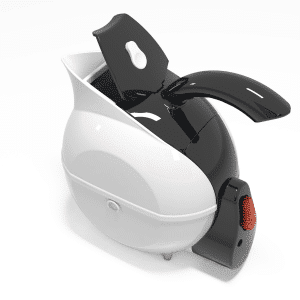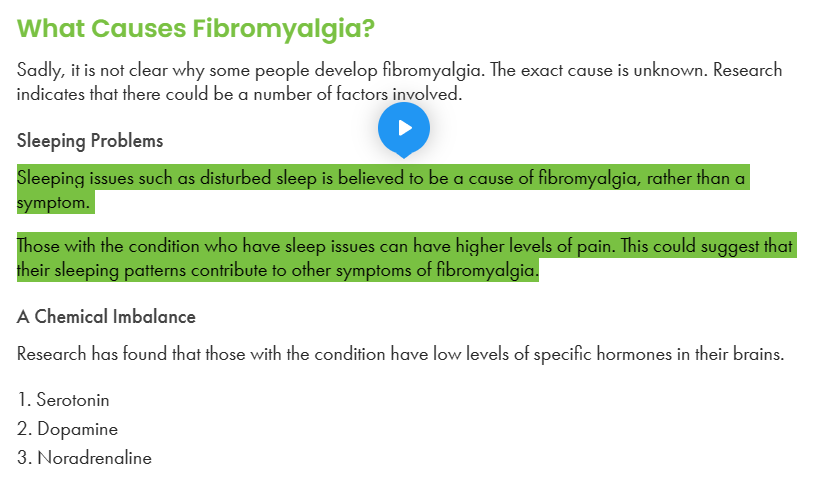An occupational therapists role is to help people of all ages overcome the effects of disability caused by illness, ageing or accident so that they can carry out everyday tasks or occupations.
An OT assesses and treats physical and psychological conditions to give maximum independence in patients everyday life. They provide practical support. They facilitate recovery and overcome barriers which prevent them from doing the activities that matter to them. This support increases people’s independence and satisfaction in all aspects of life.
Working as part of an organisation or as independent practitioners.
Occupational Therapists can work in a variety of settings. These include health organisations, social care services, housing, education, voluntary organisations or as independent practitioners.
We met OT’s from many of these areas at the OT Show at the NEC, Birmingham in November. Each one of them held the same values – to find products and services to increase their client’s independence. Product just like our Uccello Kettle.
When speaking to the OT’s, it shined through that these professionals care on a personnel level for their clients. They are eager to find products and services to maximize their independence. It was a pleasure to hear their excitement about our kettle and how it will help their clients pour hot water safely and independently.
Some activities of an Occupational Therapist.
- Making sure that homes, workplaces and public places are accessible for people with specific needs.
- Carrying out an assessment of an individual’s ability to function to the normal requirements of living – dressing, eating, interacting socially etc.
- Visiting a disabled or elderly person to make their home easier and safer for them to use.
- Assessing home arrangements. Deciding what assistance is needed, such as wheelchairs, chair lifts and assistive technology.
- Easing the transition into the home after hospital.
- Working with builders, architects and local authorities to design public places and homes that will suit people’s abilities.
For more information about Occupational Therapists, feel free to reach out to the AOTA.













Leave a Comment